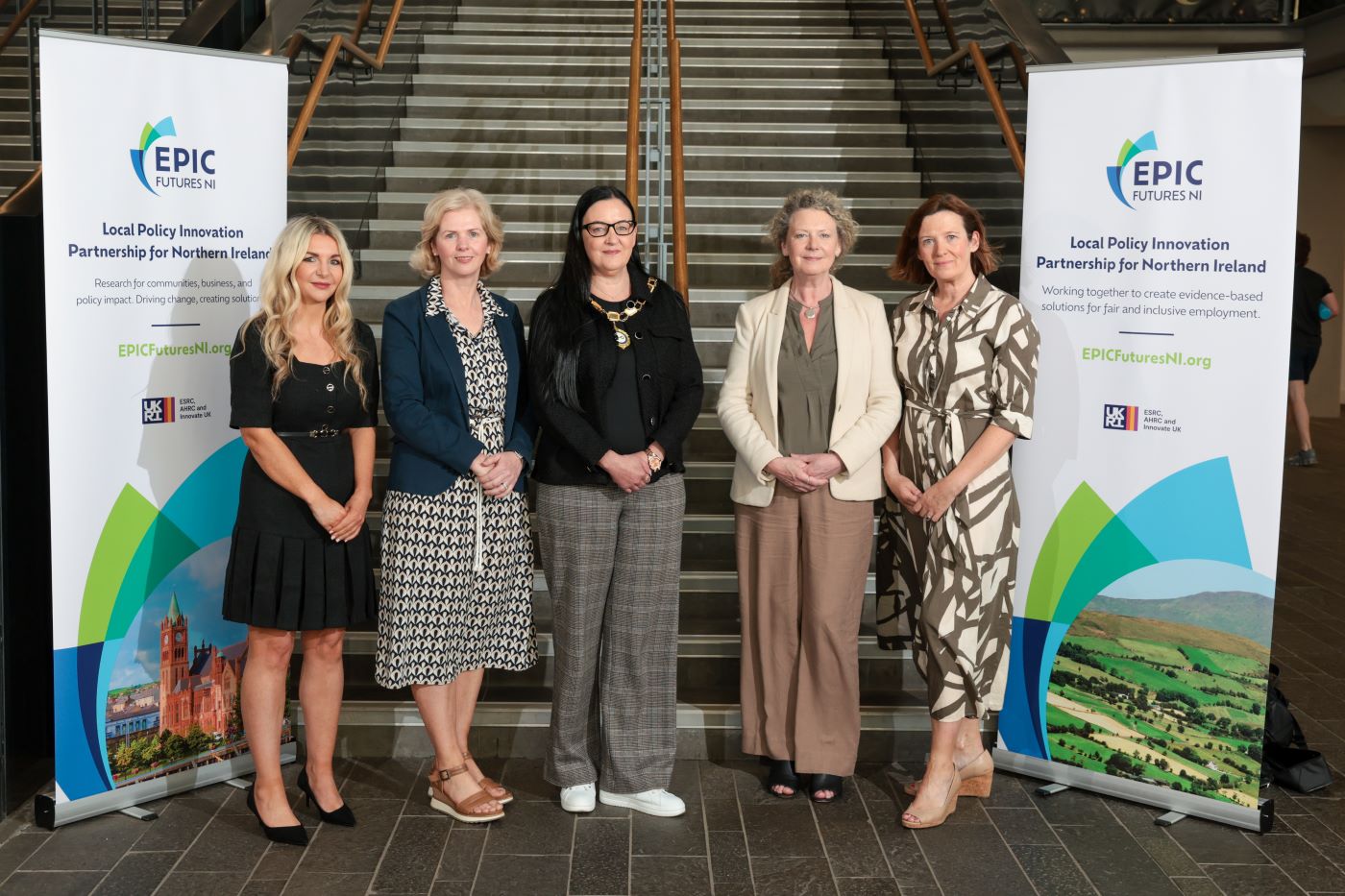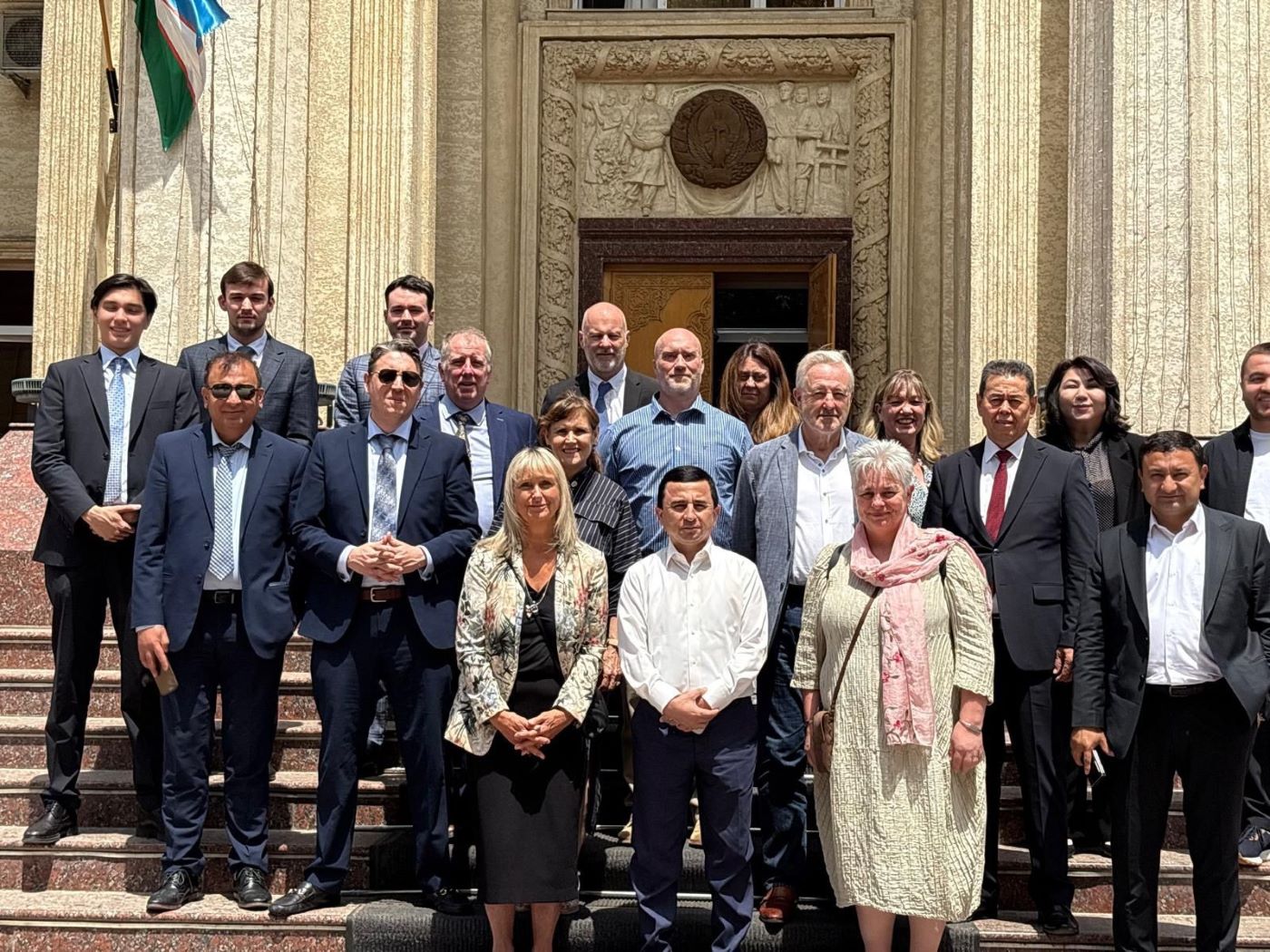
Exploring the future of education: Key takeaways from the 2024 Education World Forum
 Jane Rexworthy, Executive Director, People 1st International and Chair of the UK Skills Partnership
Jane Rexworthy, Executive Director, People 1st International and Chair of the UK Skills Partnership
600 delegates from 129 countries filled the halls at the QEII Centre in London this week for the 2024 Education World Forum. The event brought together education and skills ministers from around the globe, all united by a common goal: to address the challenges facing our education systems and ignite change for stronger, bolder, and better education.
With thought-provoking plenary sessions and engaging one-on-one meetings, the conference proved once again to be a unique space for insight, collaboration and innovation from pioneers, policy makers and experts.
Attending in my role as Chair of the UK Skills Partnership, it was great to hear the event keynote speech by Education Secretary Gillian Keegan reference the new publication that has been developed by the UK Skills Partnership under the guidance of the Government’s Education and Skills Advisory Group, ‘Strengthening education and skills systems: The UK’s offer to global partners’.
Key themes throughout the day emphasised the critical role of education in tackling global challenges such as the rapid advancement of technology, accelerating climate action and building human relationships and resilience.
Several points resonated with me:
- Global educational collaboration: The discussions underscored the importance of international cooperation and a collective willingness to share experiences and best practices amongst countries to address common goals and global challenges. Pupil absence from school was cited as a challenge facing schools worldwide. The UK is tackling the problem by upgrading and expanding its data collection and publication on absences in schools across the country – an approach already shared with counterparts in New Zealand.
- Future of AI in education: The future of education will increasingly involve AI-powered tools. What stands out is the importance of integrating these tools into the educational system while ensuring they enhance, rather than dominate, the learning experience. The focus must remain on the learners, ensuring that their needs and prospects are at the heart of educational advancements.
- Aligning skills with labour market demands: A range of countries highlighted the concerted effort to ensure that the skills taught in educational institutions match the demands of the labour market. This includes creating a holistic approach to vocational education that meets industry standard, shifting from a supply-led to a demand-led system, with strong employer engagement.
- Lifelong learning: All-age continuous education and skill development is increasingly important in the form of accessible lifelong learning programmes. Programmes such as apprenticeships up to degree level, bootcamps, and hybrid micro credentials should be considered through flexible learning pathways that accommodate working professionals and adult learners.
- Teacher training and capacity building: There is a significant need for comprehensive teacher training programmes that include industry exposure. Building the capability of educators through practical experiences and continuous professional development is essential for securing high quality teachers and enhancing the quality of education.
As we look ahead, it is clear that education and skills development must adapt and evolve in order to prepare students for an ever-changing world. The 2024 Education World Forum provided a platform for critical conversations and partnerships that will help shape this transformation.



